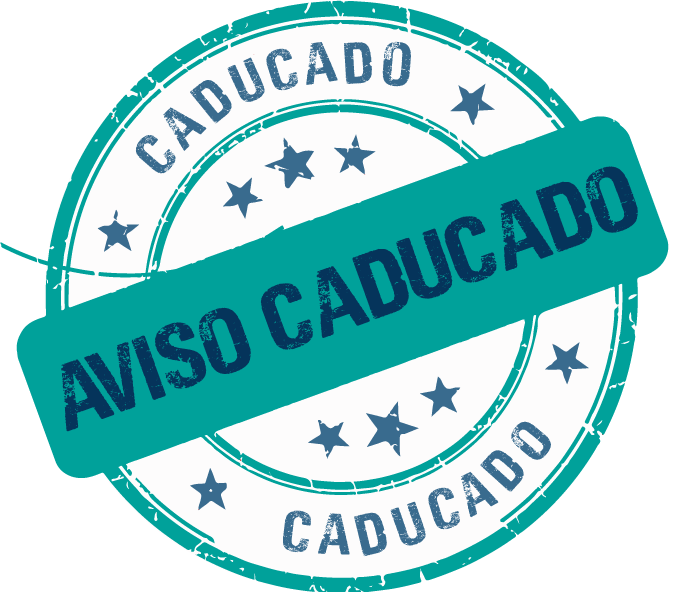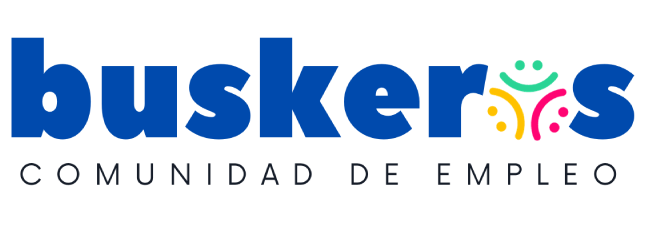X
¿Necesito una cuenta?
REGÍSTRATE
¿Ya tienes una cuenta?
INICIAR SESION
X
Digital Archives Trainee, University of Bristol - Pensacola
- Buscador de Empleos
- Estados Unidos
- Servicios Generales / Varios
- Otros empleos - Servicios Generales / Varios

Detalles del trabajo
Area del puesto: Servicios Generales / Varios
Publicación:
hace 3 años
Ubicacion del puesto:
Florida - Estados Unidos
Trabajo remoto:
No
Descripción
About the job
Summary
•Do you enjoy working with technology and digital systems at college, or at your job or voluntary work?•Are you looking for a challenging development opportunity with a digital focus?
•Would you like supportive on-the-job training and to do real work in a rapidly developing area for the archive sector?
This is an exciting time for people with technical skills to join the archives sector. The archives of today are on hard drives, not paper. But digital assets are surprisingly fragile. New approaches and technical people are needed to capture and preserve these vital items for the future.
The Bridging the Digital Gap programme aims to increase digital skills in archives by bringing in new people from different backgrounds to create a more diverse, inclusive, and skilled workforce. For this 15-month, paid traineeship, we are looking for a talented technical person to use their skills, energy and digital confidence to help us preserve our history and find new ways for people to access and learn from that heritage.
Archives are collections of records in all media that provide a wealth of information about people, places and institutions. Archives allow us to explore our collective and individual identities. They have an impact across society. It is crucial that they are preserved to keep the past alive for future generations.
The Bridging the Digital Gap traineeship is supported by the National Lottery Heritage Fund and managed by The National Archives. Starting in January 2021, you will spend 15 months working on real-life projects, learning on the job and gaining valuable and rewarding work experience at your host institution. You will also have access to specialist training and development workshops, offered by The National Archives, covering digital capture, digital preservation, digital access and engagement, and more. You will develop key skills to prepare you for an exciting career in the heritage sector.
You will belong to a consortium of four institutions, each with a trainee, and you will regularly meet up and share learning with the others, either in person or online. You will also meet with trainees from another consortium to provide support and learning opportunities.
For more information about the Bridging the Digital Gap programme, visit: nationalarchives.gov.uk/digitaltrainees
Job description
This 15-month workplace-based traineeship will run from January 2021 to March 2022. You will work 32 hours a week and be given the time during these hours to complete all training. You will be employed by The National Archives and seconded to your host institution as your place of work.About this placement:
The trainee will be given the opportunity to work across two nationally important collections, the University of Bristol’s Special Collections and Theatre Collection. The trainee will be line managed by the Digital Archivist, who works with both Special Collections and the Theatre Collection staff including archivists, digital conservation specialists, librarians and curators. The trainee will be involved in specific projects, including adding to our institutional digital asset register, preparing digital collections for ingest to Preservica, the digital preservation system, assisting with digitisation activities and recording metadata about digital collections. The trainee will also have the opportunity to work with digital humanities scholars and the wider University community.
The trainee will be able to benefit from the team’s expertise in archival management, preservation and digitisation of ethically and technically challenging materials. They will also benefit from the wide range of training opportunities provided by the Library Research Support Team's pre-existing training programme, which includes digitisation of 2D documents, audio-visual material and 3D objects, as well as copyright and GDPR training.
About the training:
In addition to on-the-job training at the host institution, all eight trainees will have three days of induction and training at the start of the programme, five additional days of group training workshops, and access to e-learning courses, all offered by The National Archives.
The e-learning courses cover archive principles and management, digital capture, digital preservation, digital access and engagement (enabling and encouraging others to use digital archives), and fundraising for archives. You will also receive training in workplace skills and career development.
During the traineeship you will build a portfolio of achievement to take forward into future employment. Using this portfolio, you will become eligible to apply for Foundation Membership of the ARA, the professional body for archives. Foundation Membership is a professional qualification and confirms the candidates’ demonstrated level of competence in their chosen areas, as set out in the ARA competency framework (https://archivesandrecords.smapply.io/).
Responsibilities
Essential competencies:• Interest in and experience with using digital technology
• Good communication skills; comfortable with listening to, understanding and sharing information
• Good people skills; enjoy working alongside and engaging other people
• Good problem solving skills; able to identify problems and work with others to resolve them
• Good organisational and time management skills
To submit an application, you must fulfil one of the following two essential criteria:
1. A level(s) or equivalent level 3 qualification(s) in science, maths, computing or other technical subject(s) (e.g., level 3 award, certificate, diploma, NVQ, etc.)
2. Demonstrable experience in using technical skills in the workplace or voluntary activity
Please note that the Bridging the Digital Gap traineeships are not aimed at people pursuing traditional career routes in archives, or at those who have gained a postgraduate degree/diploma in archives administration, information science, museum studies, library management/science, or a similar heritage-related postgraduate qualification.
It is important to us that our organisation is more diverse, so we encourage applications from people of all backgrounds and identities. We’re especially keen to hear from Black, Asian and Minority Ethnic candidates who are currently underrepresented.
HOW TO APPLY:
To submit your application, please click the 'Apply now' button on this page, where you will be asked to complete an online CV section. You will also need to download the attached application form, fill in the 5 sections, based on the essential competencies, and then upload the completed document before you submit.
Candidates may only apply for one Traineeship. If you apply for more than one, only your first application will be put through to short listing.
Qualifications
To be qualified for the ‘Bridging the Digital Gap’ traineeship, candidates must have a level 3 qualification (see list below) in science, maths, computing or relevant technical subject OR be able to demonstrate experience in using technical skills in the workplace or voluntary activity.If you do not have a suitable qualification OR relevant experience in using technical skills, you will not be able to progress with an application.
Level 3 qualifications include:
• A level
• access to higher education diploma
• advanced apprenticeship
• applied general
• AS level
• international Baccalaureate diploma
• level 3 award
• level 3 certificate
• level 3 diploma
• level 3 national certificate
• level 3 national diploma
• level 3 NVQ
• tech level
Benefits
Generous benefits package, including pension and opportunities for training and development
Things you need to know
Security
People working with government assets must complete basic personnel security standard checks.
Selection process details
Interviews will be held on Wednesday 4th or Thursday 5th November 2020. Interviews will take place online via a videoconferencing system such as Zoom or Teams.Reasonable adjustment:
If a person with disabilities is put at a substantial disadvantage compared to a non-disabled person, we have a duty to make reasonable changes to our processes.
If you need a change to be made so that you can make your application, you should:
o Contact The National Archives via careers@nationalarchives.gov.uk as soon as possible before the closing date to discuss your needs
o Complete the “Assistance required” section in the “Additional requirements” page of your application form to tell us what changes or help you might need further on in the recruitment process. For instance, you may need wheelchair access at interview, or if you’re deaf, a Language Service Professional.
Feedback will only be provided if you attend an interview or assessment.
Nationality requirements
Open to UK, Commonwealth and European Economic Area (EEA) and certain non EEA nationals. Further information on whether you are able to apply is available here.
Working for the Civil Service
The Civil Service Code sets out the standards of behaviour expected of civil servants.We recruit by merit on the basis of fair and open competition, as outlined in the Civil Service Commission's recruitment principles.The Civil Service embraces diversity and promotes equal opportunities. As such, we run a Disability Confident Scheme (DCS) for candidates with disabilities who meet the minimum selection criteria.
Publica un trabajo como este
Denunciar empleo

